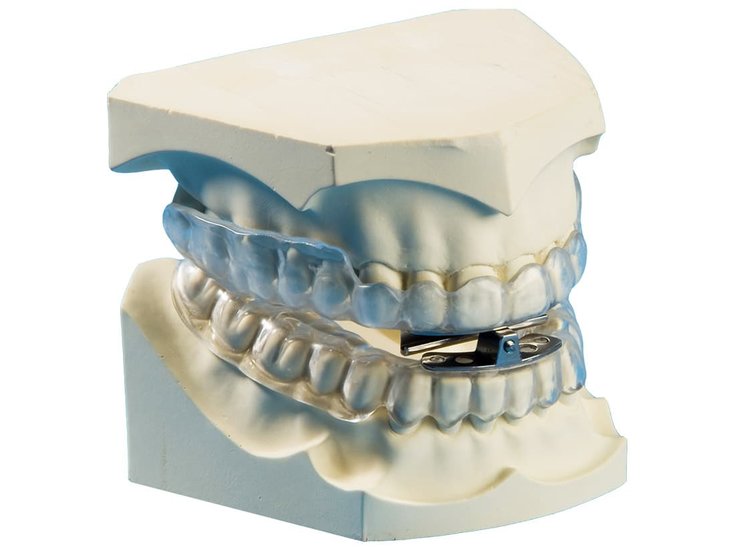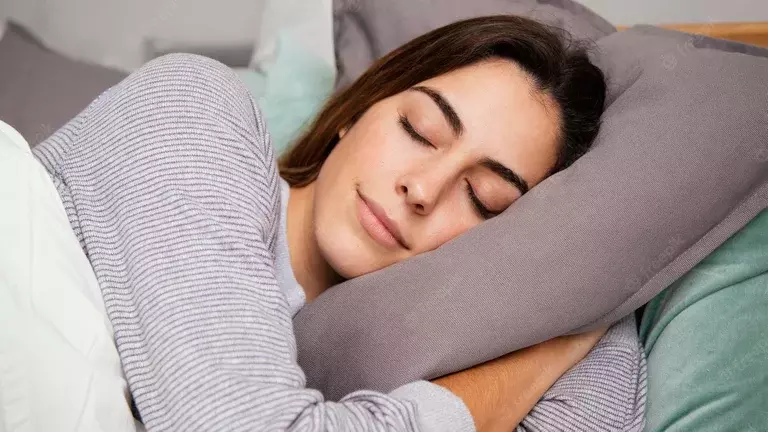Which Treatments?
What are the different treatment options?
If you are diagnosed with obstructive sleep apnea syndrome (OSAS), it will be reassuring to know that it is a common and treatable health condition.
There are several ways to treat it that reduce and control your symptoms . In some cases, ongoing, lifelong treatment may be required.
Discover the main treatment options below . Ask your doctor to suggest the most suitable treatment for you based on the severity of the illness and your personal medical context.
Continuous Positive Airway Pressure (CPAP)
Continuous Positive Airway Pressure (CPAP) is the standard treatment (1) for obstructive sleep apnea syndrome.
How it works? You wear a mask during sleep that is connected to a flow generator that provides a continuous supply of room air and keeps your airways open. Sometimes, a humidifier is used to avoid possible side effects, such as sore throat and nasal dryness (2) .
Why should I use it? Using CPAP can be uncomfortable initially, and you may be tempted to stop using it. But if you insist, you will soon get used to it and your quality of life will improve significantly (2) . CPAP reduces snoring and tiredness and also eliminates the risk of cardiovascular disease (3).
Other sleep apnea treatment options
Mandibular advancement device or intraoral appliance (AIO)How it works? AIO is a dental appliance, similar to a gum shield, that is designed to force your jaw and tongue forward, increasing the space at the back of your throat so you can breath more easily and reduce snoring(2). |
SurgerySurgery is only used in specific circumstances and requires expert advice. It is not routinely recommended because it carries a risk of more serious complications. Generally, it can only be considered as a last resort if other treatments have not helped(2).
|
Before treatment, your doctor will advise you to make changes to your lifestyle.
To reduce your risk of sleep apnea, you should (2) :
- Lose weight;
- Quit smoking;
- Reduce the consumption of alcoholic beverages, especially before bed;
- Avoid sedative drugs and sleeping pills without prescription and medical advice;
- Sleep on your side instead of on your back.
References
(2) Obstructive sleep apnea - prescription information / treatment prescription information, www.nhs.uk
(3) Sleep Apnea and Cardiovascular Disease – AHA/ACCF Scientific Statement. Sommers et al. Circulation 2008; 118:1080-1011
(4) Reutrakul S et al. Obstructive Sleep Apnea and Diabetes: A State of the Art Review. Chest. 2017 Nov;152(5):1070-1086



